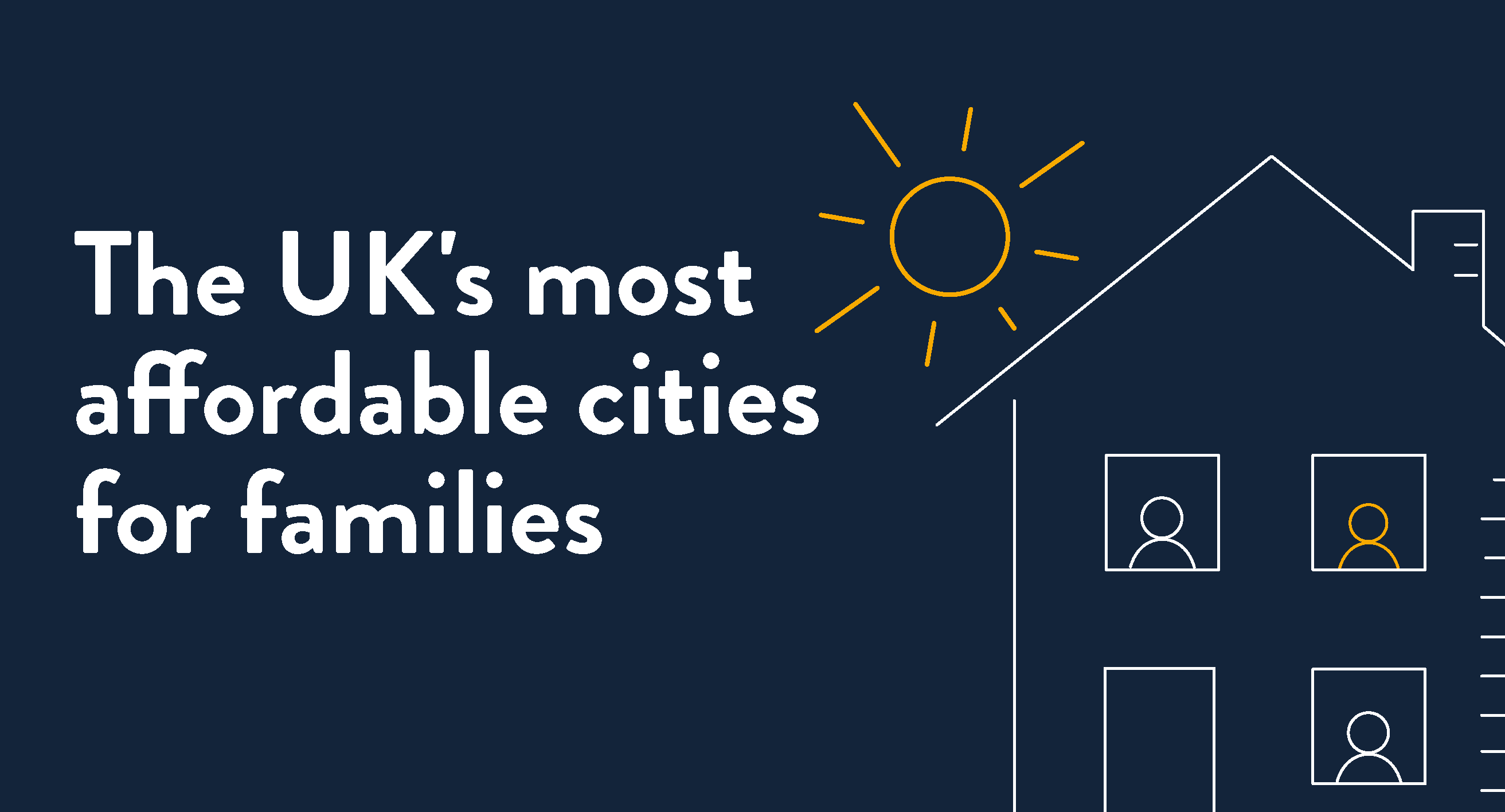
So Christmas and the New Year celebrations are behind us, and 2018 is here and underway. Yet you still feel the financial hangover from the end of 2017. The harsh reality of January is probably biting at your heels.
However, January is a great time to get your finances back on track. If you’ve gone in to debt over Christmas, or simply want to get better at cutting your cloth, then this article is for you.
Firstly, we urge you not to do your very best ostrich impression and bury your head in the sand. If you ignore the state of your finances it only makes things harder in the long run. Make 2018 the year you get them in order with a positive and proactive approach.
Set your budget
Your first step should be to look at everything you’ve got coming in (for example wages and benefits) alongside everything you have to pay out (such as bills). Use a pen and paper, or perhaps a spreadsheet, and jot down absolutely everything. Use your bank statements to help you. If you share a household do this with your partner too. If you’re a fan of online tools then try the Money Saving Expert Budget Brain.
At this point you also need to identify all of the outstanding debts. All credit cards, loans, and any other borrowing, needs to be jotted down with the amount outstanding.
We have created a household budget planner that may help. Download it here.
Be realistic about debt
Once you’ve established your income and outgoings along with your outstanding debt, it’s time to prioritise the debts. If you overspent at Christmas and therefore missed bill deadlines, then these should receive your attention first. Pay off anything such as mortgage or rent arrears in the first instance, then you can move forward to other debts such as any overdraft, credit card bills and loans.
We know that sorting out debt can be difficult and daunting. You don’t have to struggle through this alone as there are plenty of agencies and charities there to support you to get back on track. Try Step Change, the National Debtline or the Citizens Advice Bureau.
Look at your bills
Simultaneously a new year is a great time to re-evaluate if you’re paying too much on your monthly bills. It may be the time to tighten your belt a little, turn the thermostat down a degree, or the moment to embark on a month of not eating out. Small changes can reap big rewards. At the same time shop around for different utility providers as you may be able to get the same service for a lower cost. Good comparison sites include moneysupermarket.com, uSwitch.com, and confused.com.
Re-think your groceries
With a weakened pound and Brexit uncertainty you’re not imagining it – your food bill is costing more. 2018 needs to be the year we all re-think what we’re putting in our supermarket trollies. Reducing food waste is a great place to start, along with menu planning so that you’re more in control of your spending.
Focus on income
Getting your finances back on track will be easier the more income you have coming in. To make sure you are receiving everything you are entitled to use the benefits calculator at entitledto. This way you can check you’re not missing out. Consider opting for more overtime at work if possible. You may even be able to make a second income through a small part-time job, or by selling unused items on selling sites.
Keep going
Once you’ve put in the effort above your next trick is to keep going. Make these changes become habits and soon they will become second nature. Don’t allow your head to drop back down in the sand, rather make sure you’ve always got one eye on your finances.
If you let things slip, don’t worry too much, maybe you need to revaluate the changes you aimed to make. Set yourself smart, achievable goals. Our formula to make resolutions a success may help. By making small adjustments to your habits overtime, it can increase the likelihood of success.
Make 2018 the year you get your finances back on track.


